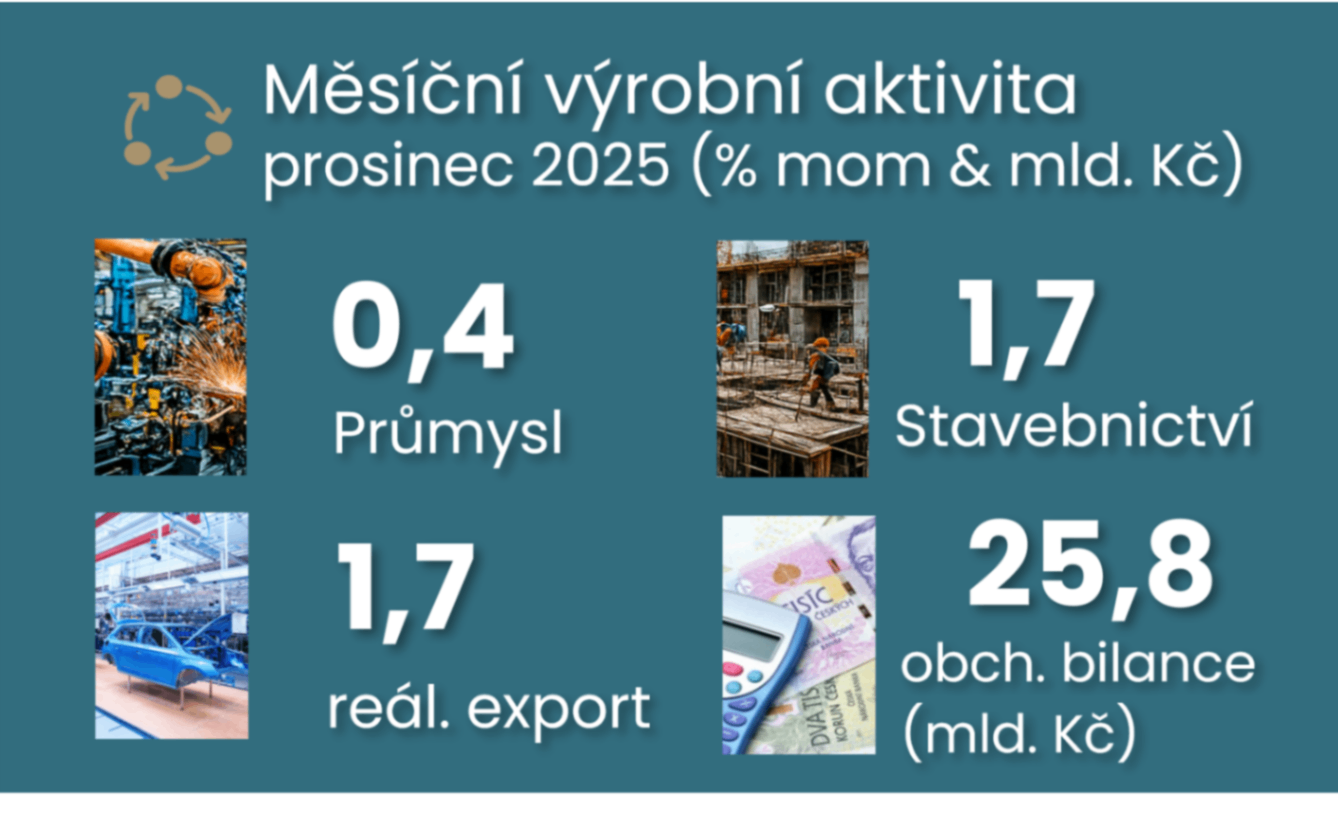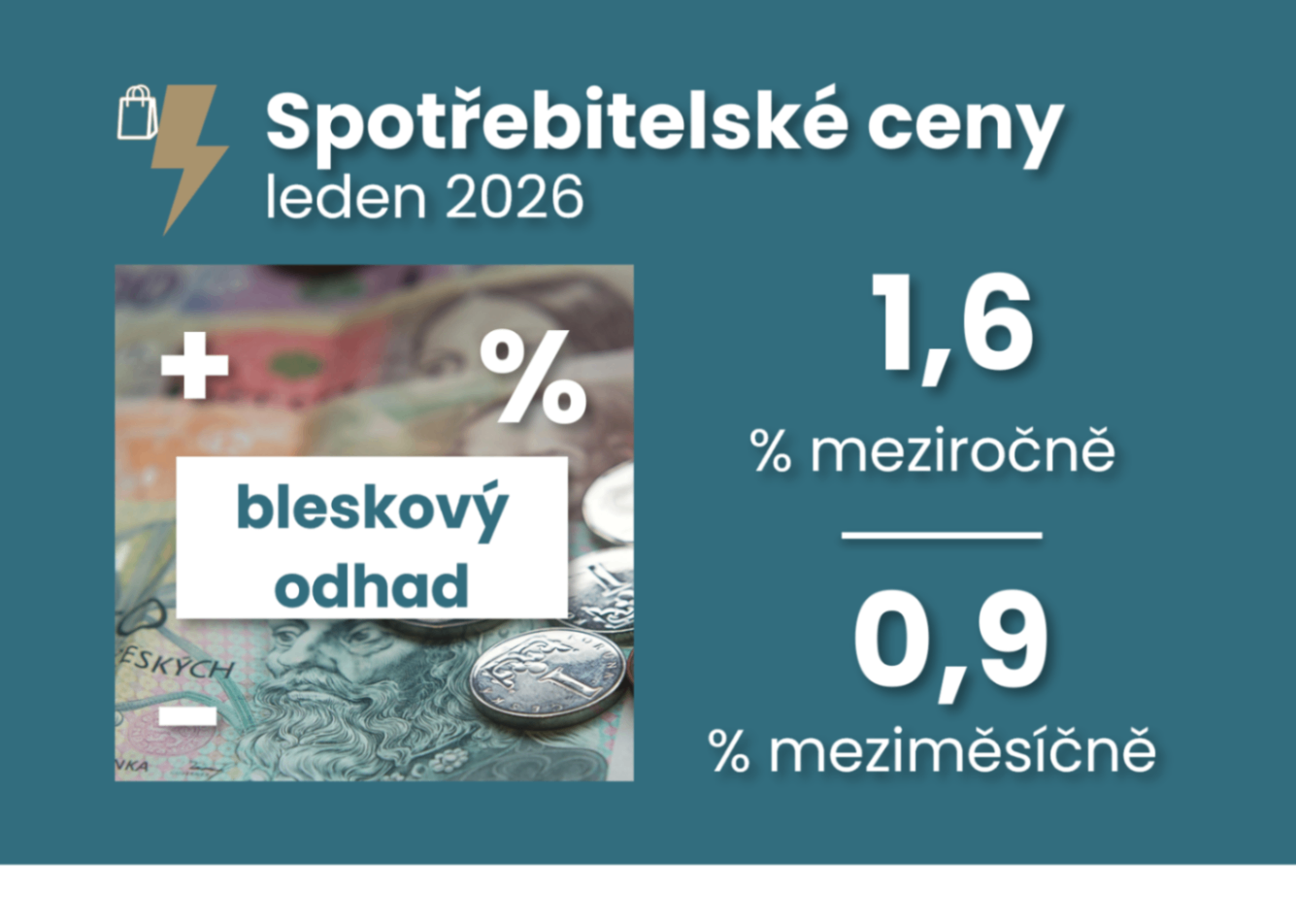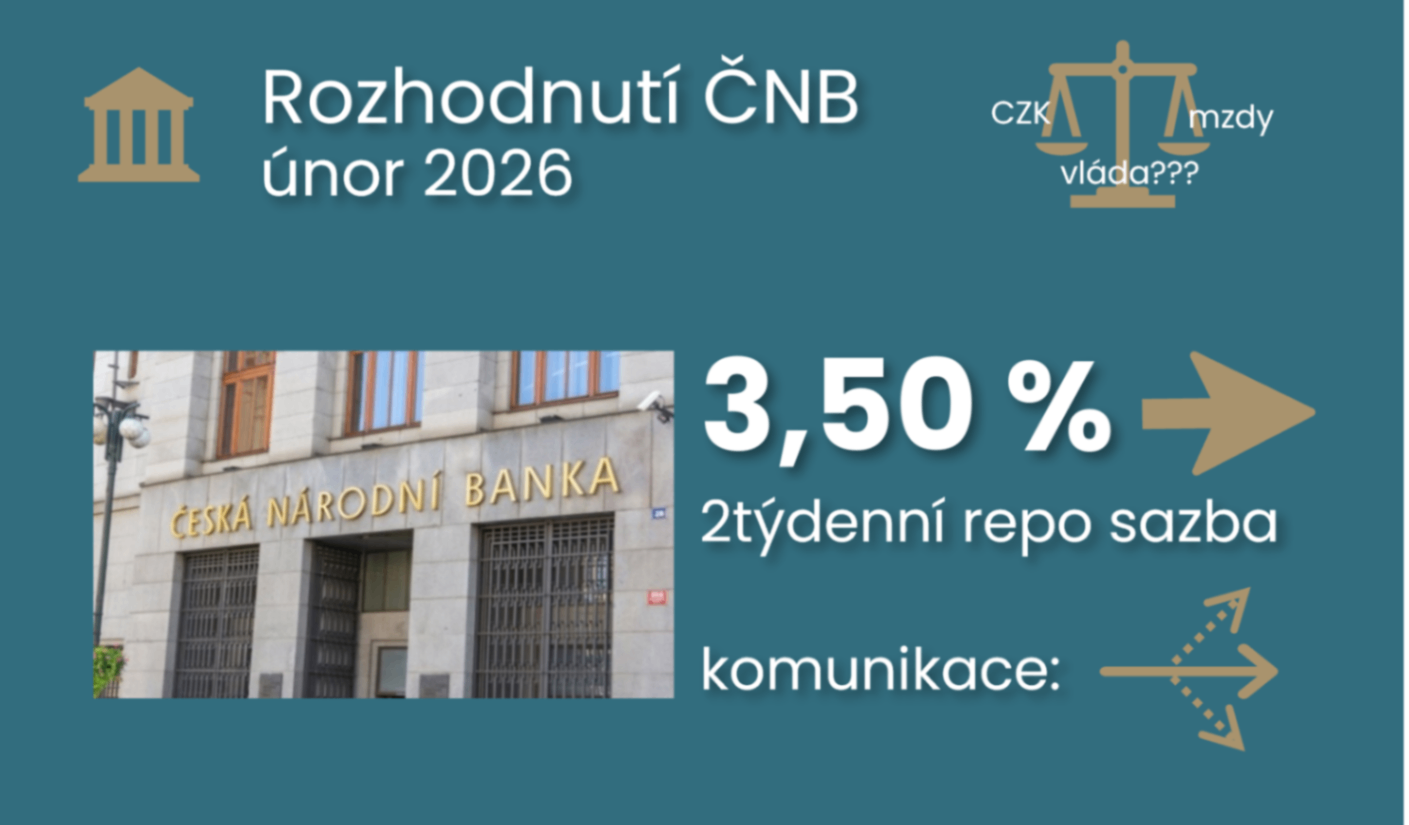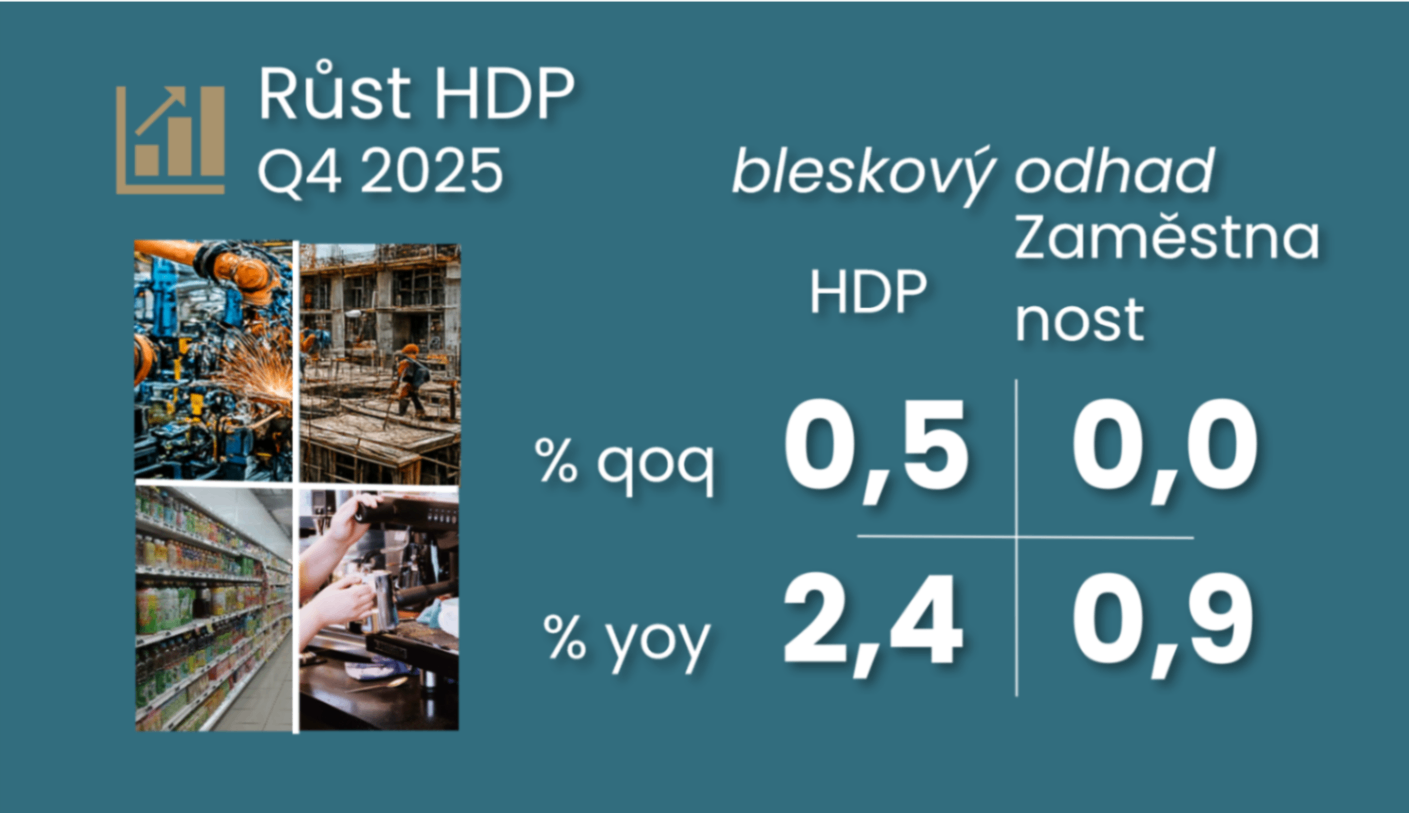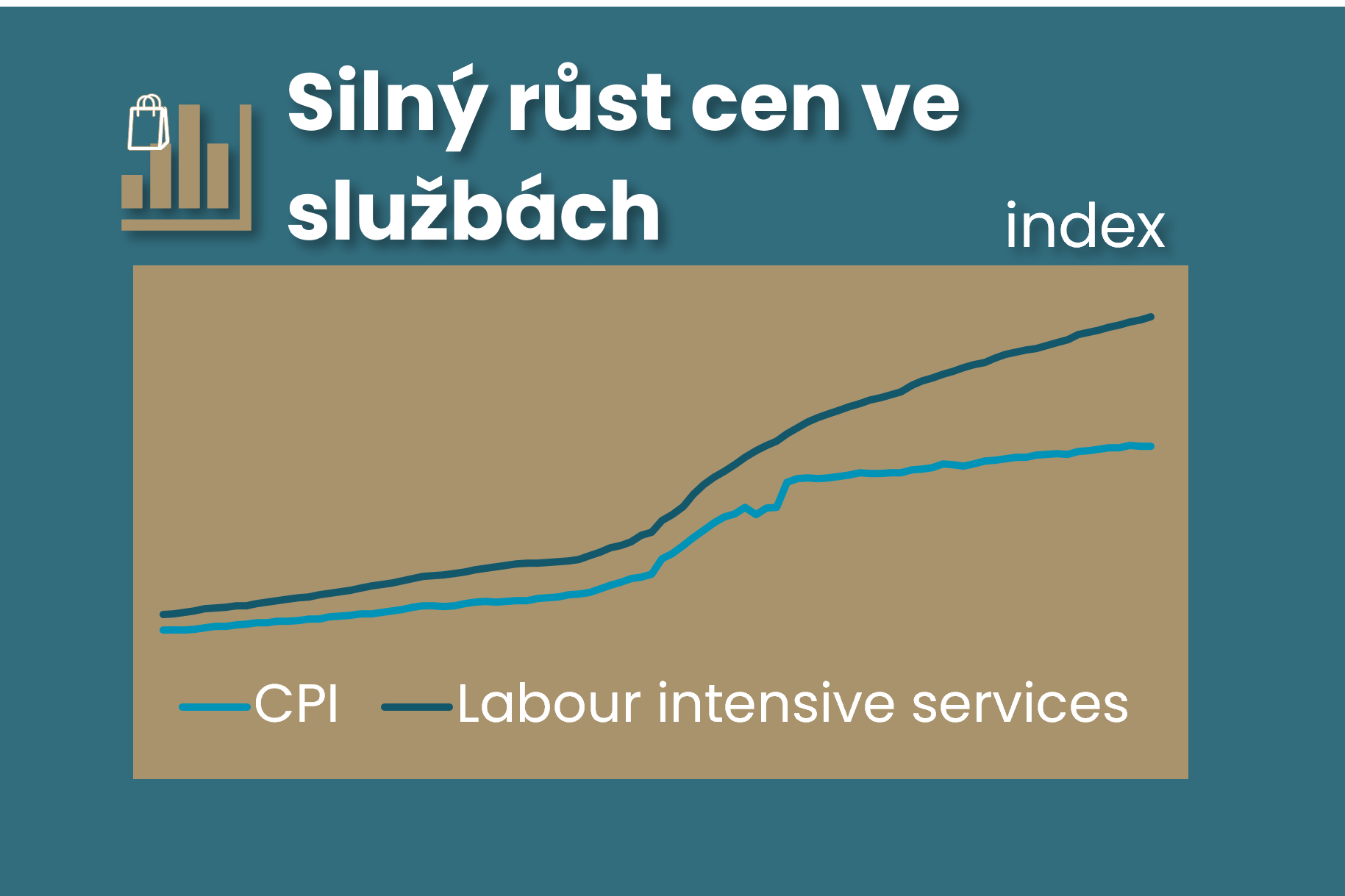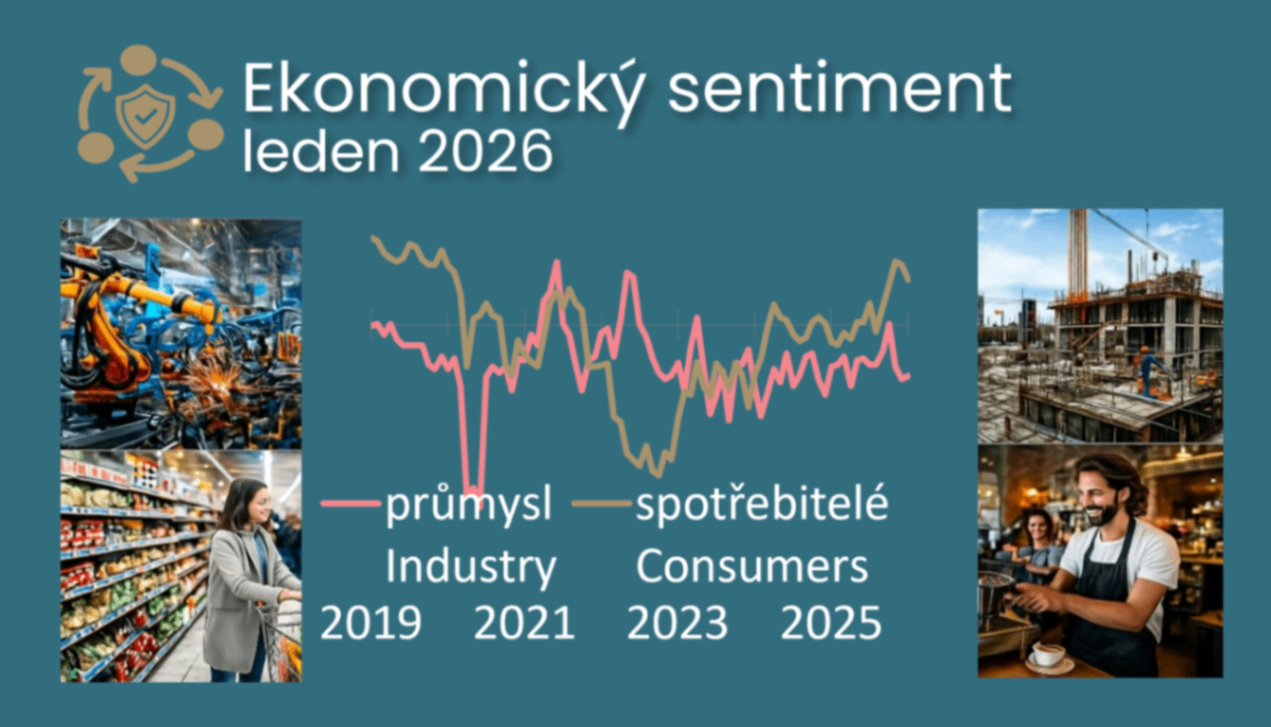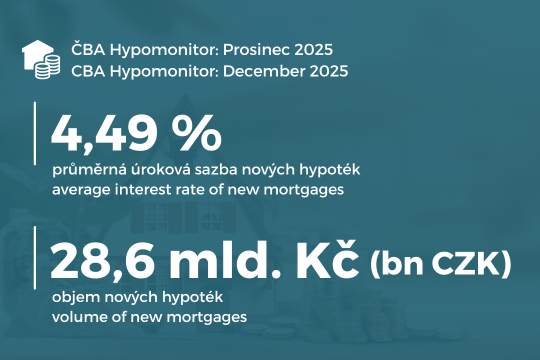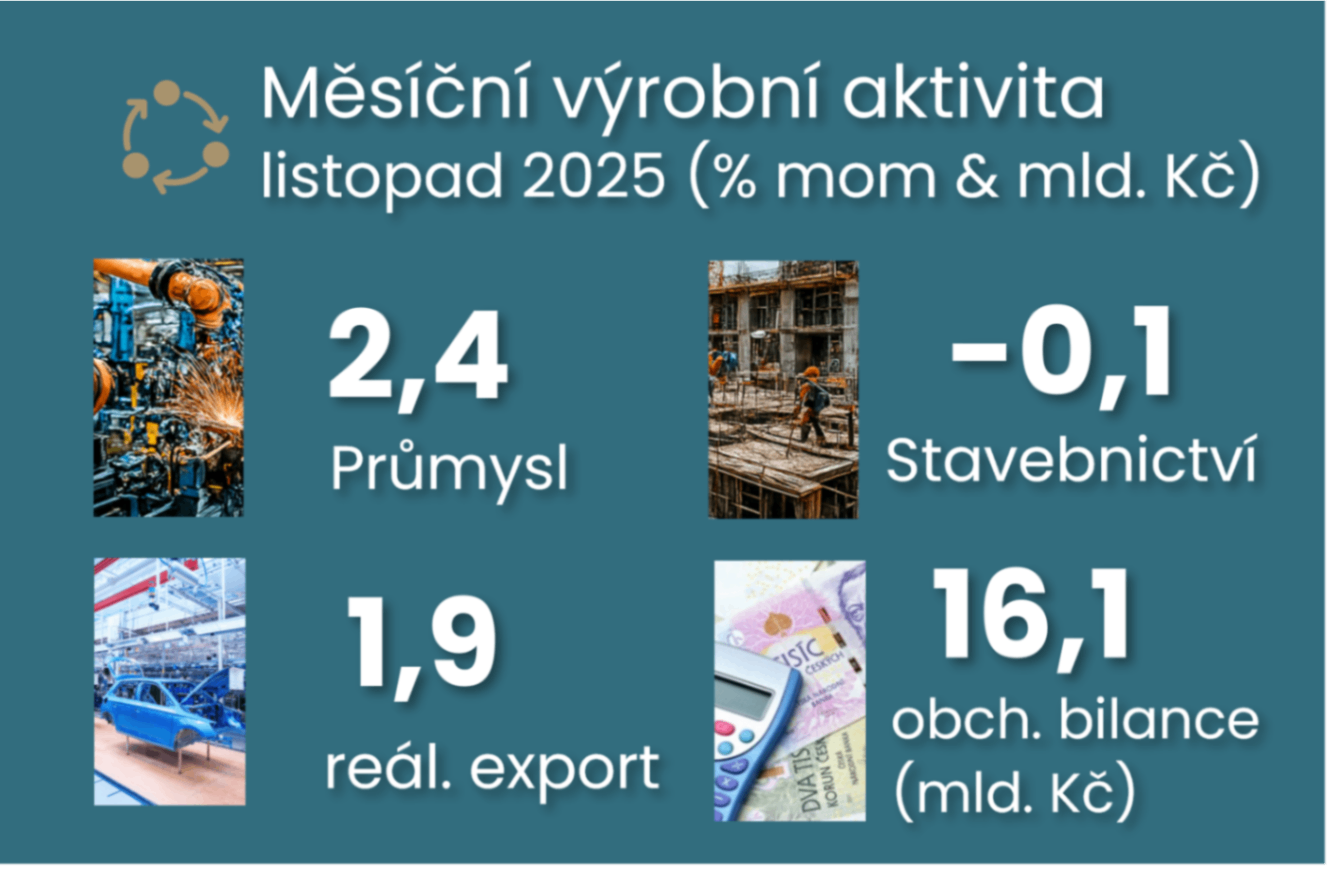CBA Monitor
CBA Monitor is an interactive and quick overview of information on the development of the economy and the banking sector in the Czech Republic, accompanied by comments from CBA experts.
Updates
Last CBA forecast

Jaromír Šindel
Chief Economist CBA
Jaromír Šindel is the Chief Economist of the Czech Banking Association, where he uses his extensive experience in the field of macroeconomic analysis and forecasting. Prior to that, he worked for more than 17 years as the Chief Economist at Citibank. In 1999 - 2004, he received a master’s degree from the University of Economics Prague with a major in economic policy and continued to focus on this field during his doctoral studies, which he completed in 2011.
During his time at Citibank (2007-2024), he worked mainly on macroeconomic analysis with a focus on economic trends in the Czech Republic, Slovakia and Slovenia. He prepared forecasts of economic developments and economic policy, including the impact on financial markets. Related to this, he also monitored global economic and political trends and their impact on the local economic situation.
